Women’s Rights And Health Project (WRAHP) has secured a partnership with the ActionAid Nigeria and Global Affairs of Canada to organise a sensitisation training for women of Ladies On Wheels Association of Nigeria (LOWAN) on domestic violence and the laws that are in place in Lagos State to prosecute offenders when any of the violations is recorded.

The goal of the rights group is mainly to intervene in such situations of violations by helping to mobilize female drivers to learn about the laws that help survivors and victims of domestic violence to get justice that they deserve from the system.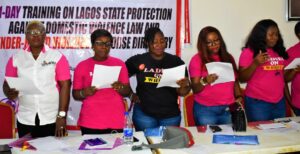
Speaking at the workshop, Executive Director of WRAHP, Mrs Bose Ironsi stated that human rights ought to be enjoyed by every individual, regardless of their gender.
“Women and girls are also entitled to human rights from the minute that they are born and are entitled to exercise these rights, as equally as men and boys are entitled to. These rights are also not separable and should not be classified.
All rights are for everyone. These rights are natural and universal and indivisible. If a person has the right to life, then they are as much entitled to every other human right that there is.”
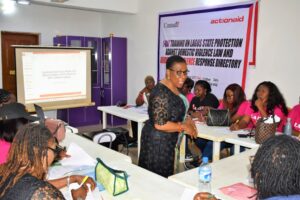
Mrs Ironsi who retired as a nurse before she began to focus on helping domestic violence survivors, revealed that a good number of the LOWAN members have been victims of spousal and non-partner sexual and physical abuse before they then joined the association and while a larger number of them have experienced sexual violence in line of duty.
“The circle of abuse has been studied and the underlying factor of why it exists is because the abusers want to be in control and have power over the victims. This is the major reason; with abuse comes fear, low self esteem, insecurities, less confidence and so when they breakdown the mind of the victims, then they are somewhat able to now exercise power and control over them.
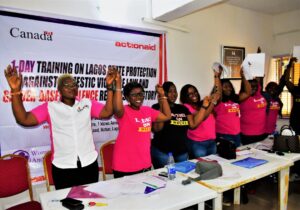
“Most of the time, these victims are subject of restraint, in situations like the abuser not wanting you to work or make money for yourself, not wanting the independence of the victim, reduce their socializing, making them to be at their own mercy for every thing needed and still deny them of that exclusivity.”
She further noted that up until 2007, there was no law in Lagos State that victims of domestic violence could rely on to seek justice against their violators which made it hard to pronounce judgement on such cases.
“The absence of a law was a barrier in making sure that the offenders were persecuted and this resulted in most cases getting thrown out. With this law, there’s a clearer and more defined structure when dealing with such offenders,” Mrs Ironsi added.
Statistics have also shown that 4 of 10 women have been victims of one form of abuse or the other.
The WRAHP Executive Director, advised that the understanding of marriage and one’s partner should stem from proper communication.
“Understand your partner, communicate and negotiate what the marriage would be about, that way you are able to see if the person is someone you think that you can be with and build with. Most times, there’s the blind sided aspect that you’ll deal with these things after getting married, this is not ideal because it might be less effective.”
“Accommodate your partner but don’t tolerate because tolerating will bring resentment. Use your past to structure what you want your future to be, so you don’t repeat bad old patterns.”
In the Alimosho Local Government Area of the Ikotun axis where WRAHP, Ireti Resource Centre is located, the group has been able to record 600 cases of domestic violence in less that two years. There are also special hospitals that operate free treatments for domestic violence victims and are located around Alimosho, Yaba and Ikeja.
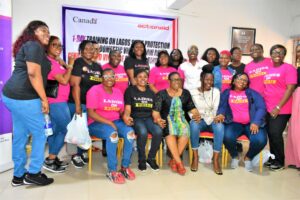
There is also the option of transit homes where survivors are allowed to stay for a period of three months after they have been separated from their abusers. These transit homes serve as an alternative for them to stay while they try to get their lives together and back on track.
WRAHP also provides psycho-social support/therapy to the victims and help when it comes to domestic violence.








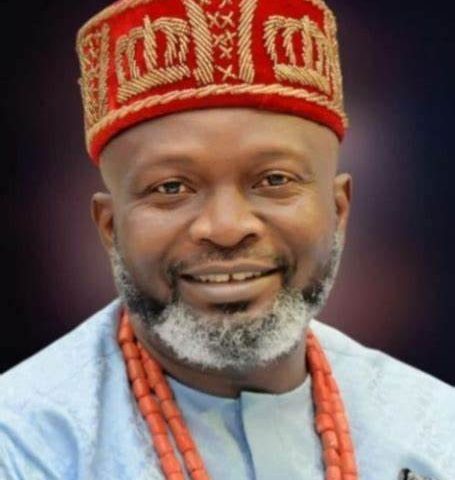
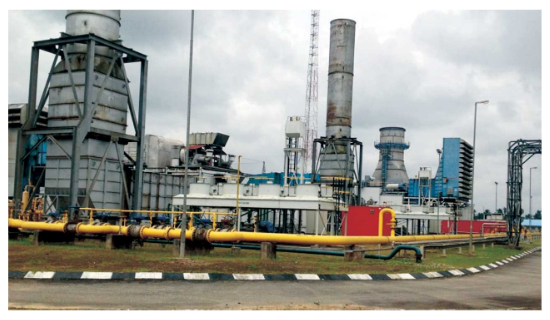









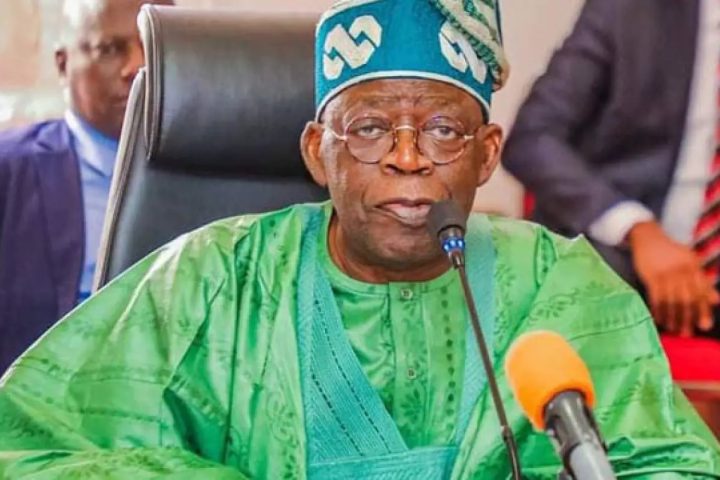
![Gender Activism An Economic Necessity In Africa [PBA Editorial]](https://www.primebusiness.africa/wp-content/uploads/2023/11/vaw-150x150.png)
Follow Us